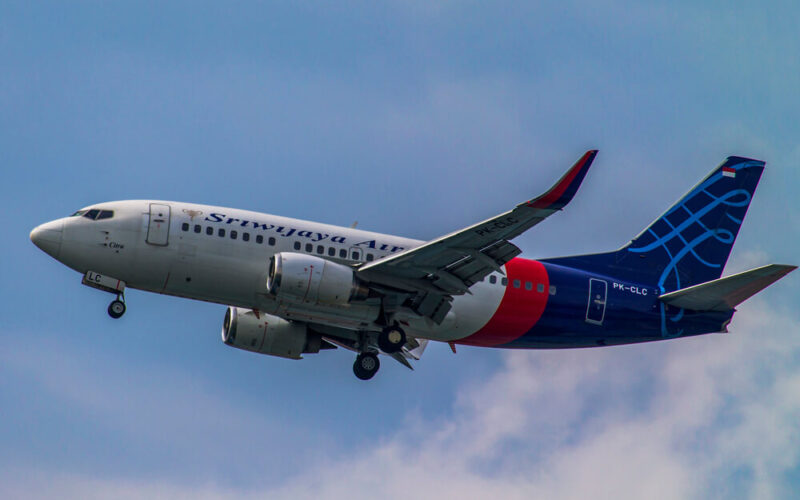The government of Indonesia decided to end the search operation for victims of the Sriwijaya Air Boeing 737 crash. However, the authorities would continue to hunt for the Cockpit Voice Recorder (CVR).
According to the latest government announcement, after 13 days of searching the wreckage of the Sriwijaya Air Boeing 737 crash, the Indonesian authorities officially ended the victim search operation on January 21, 2021. Under the governmental seven-day rule, the operation was extended twice for three days. More than 4,300 people, assisted by 62 boats and 15 helicopters participated in the accident recovery process.
The search team collected a total of 324 bags of what could be possibly human remains and 68 aircraft parts from the crash site in the Java Sea. Nevertheless, on January 12, 2021, the rescuers found the aircraft’s Flight Data Recorder (FDR) as well as some parts of the Cockpit Voice Recorder (CVR) on January 15, 2021.
“Search operations have been closed, but we will continue to search for the CVR,” announced Bagus Puruhito, the Head of Basarnas, the National Search and Rescue Agency of Indonesia on January 21, 2021.
On January 19, 2021, the National Transportation Safety Committee of Indonesia (NTSC) downloaded the content from the recovered Flight Data Recorder (FDR). The authority reported that a 27-hour-long flight recording was filled with 370 flight parameters and consisted of 18 flights including the catastrophic event.
Based on the “black box” data, which is still being examined by the investigators, a person familiar with the investigation process reportedly disclosed that during the fatal Sriwijaya Air flight 182 the autothrottle produced more thrust in one of the two jet engines. However, the flight crew did not declare an emergency and did not report any technical problems before the Boeing 737 disappeared from radars. In addition, both engines of the crashed jet were still operational when the plane hit the sea.
If pilots do not correct the unequal thrust from the engines in the case of a faulty autothrottle, a plane could turn to the side or even make an abrupt descent. Meanwhile, Nurcahyo Utomo, the lead investigator at the NTSC outlined that the autothrottle malfunction was one of the factors the authority was looking at, but it was not yet clear if it was a key factor for aircraft to crash.
The ongoing investigation process is assisted by representatives of the United States’ National Transportation Safety Board (NTSB), the Federal Aviation Administration (FAA), the Singapore Transport Safety Investigation Bureau (TSIB), Boeing, and General Electric. The Indonesian authorities are expected to provide a preliminary report of the deadly accident within 30 days of the crash.
Before the fatal crash into the Java Sea minutes after take-off from Jakarta on January 9, 2021, the Sriwijaya Air Boeing 737-500 was stored for nine months. The crashed jet was certified as airworthy in December 2020.

